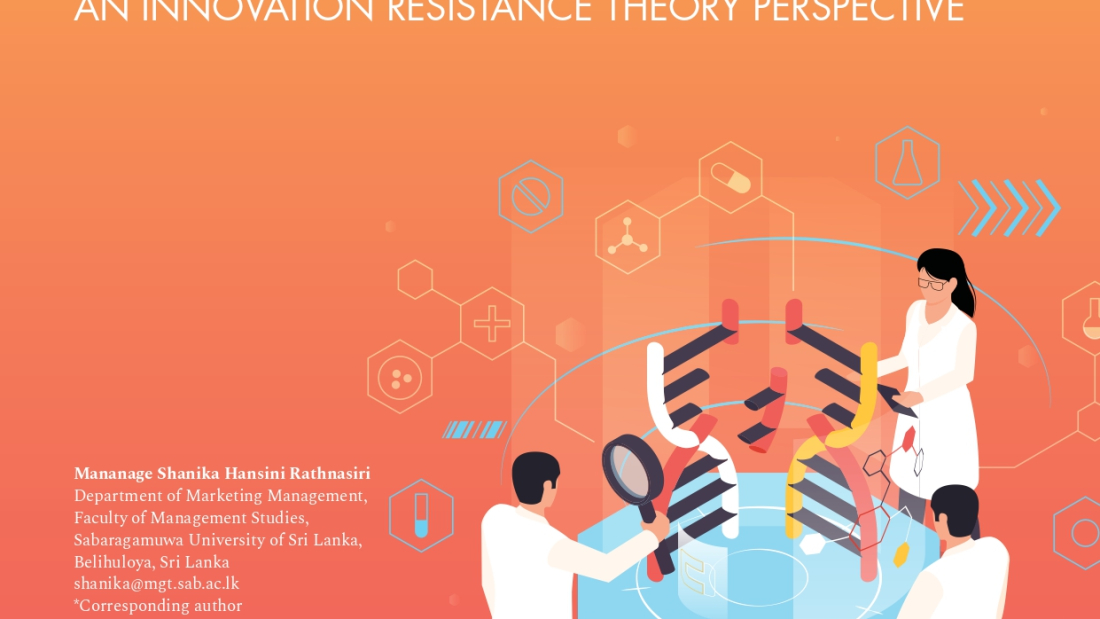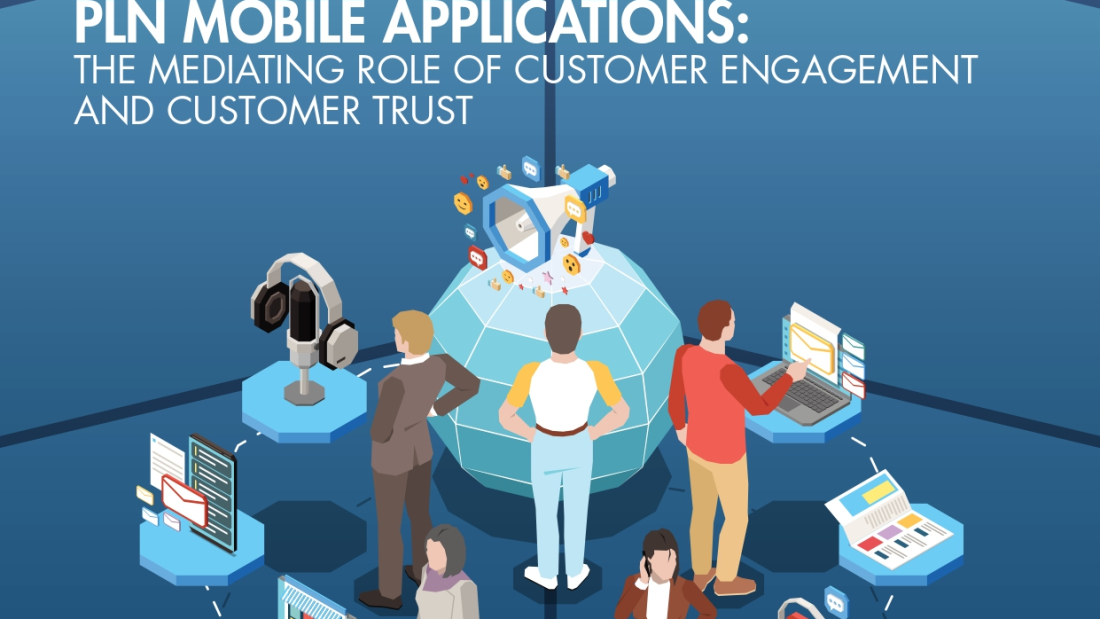Generation Alpha — born from 2010 onwards — is the first generation to grow up entirely in a digital-first world, shaping family purchase decisions and redefining brand engagement from an early age. Drawing on a recent Bangladesh Brand Forum survey, this article explores how children in Bangladesh are influencing choices in food, gadgets, toys, and entertainment while seeking belonging, participation, and recognition beyond conventional marketing approaches. It highlights the need for brands to move from selling to involving, tailoring strategies by age group, earning parents’ trust through safety and education, and blending digital experiences with offline rewards. Case examples from Bangladesh and global brands illustrate how participation creates ownership and loyalty. The article concludes by proposing new measures of impact that go beyond clicks and views, urging Bangladeshi brands to treat children as co-creators and trusted stakeholders in a rapidly evolving consumer landscape.








